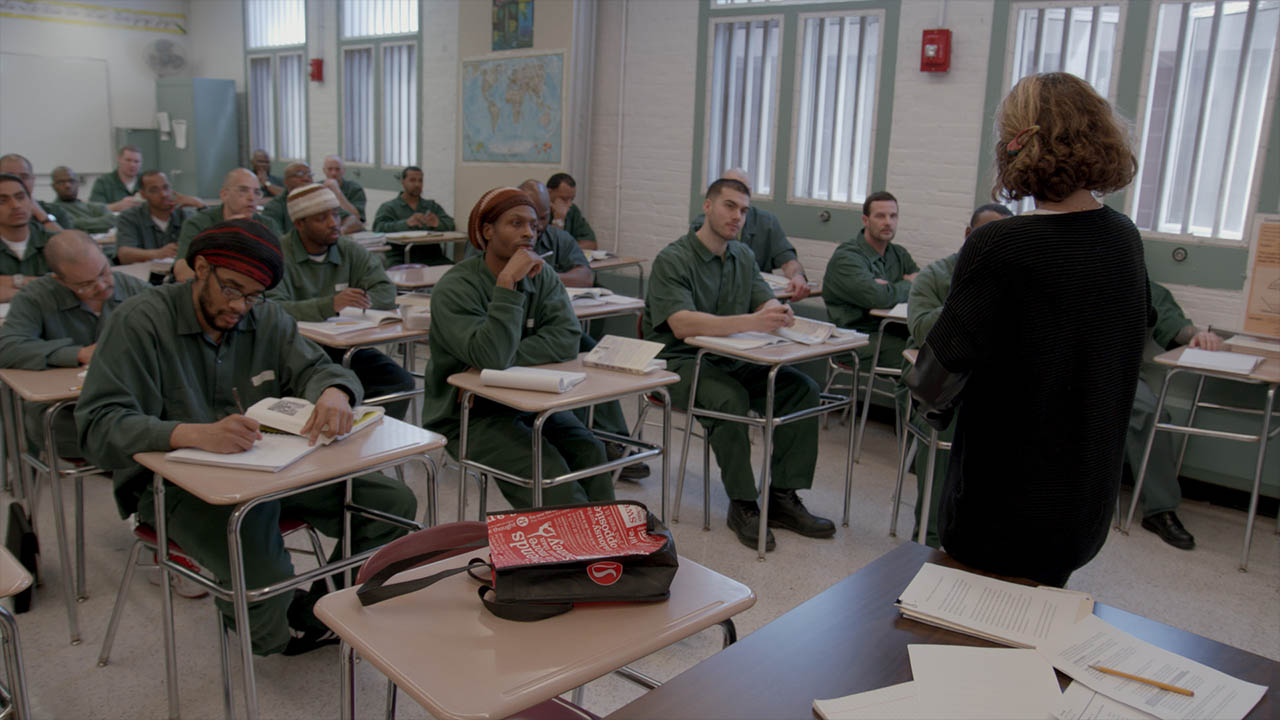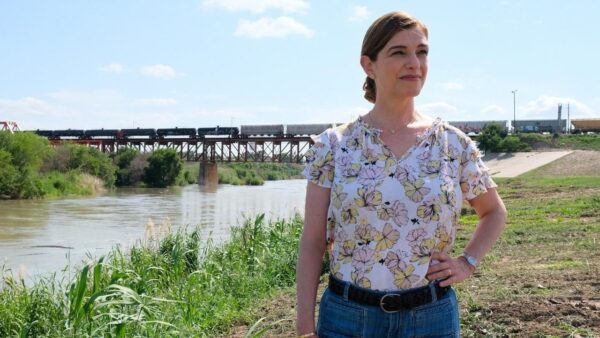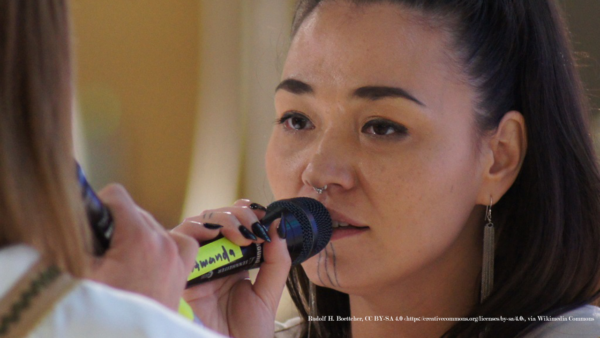A new four-hour documentary series “College Behind Bars” revealing the transformative power of higher education through the experiences of incarcerated men and women premieres Monday, Nov. 25, and Tuesday, Nov. 26, at 8 p.m.
The four-hour series, distilled from nearly 400 hours of footage, explores the lives of a dozen incarcerated men and women as they struggle to earn degrees in the Bard Prison Initiative (BPI), one of the most rigorous and effective prison education programs in the country. The film, broadcast over two consecutive nights in November, unfolds without narration through an intimate look at the lives, experiences and words of incarcerated men and women and their families.
Directed by award-winning filmmaker Lynn Novick, produced by Sarah Botstein and executive produced by Ken Burns, the series raises questions we urgently need to address: What is prison for? Who has access to educational opportunity? Who among us is capable of academic excellence? How can we have justice without redemption?
The series shows BPI students – most of whom did not finish high school – being held to the same high academic and intellectual standards as the undergraduates at Bard, a private liberal arts college in upstate New York. In classrooms, their cells, the library and the yard, they wrestle with difficult texts, analyze complex data and, over time, master a wide range of disciplines. Throughout the series, the filmmakers also follow the ups and downs of BPI’s Debate Union, which lost to a visiting team from West Point in the first year of filming, and six months later, beat a team from Harvard, creating a media sensation that went viral. For many of the students featured in the film, the culmination of their education is the year-long Senior Project. To complete the bachelor’s degree, they conduct original research and produce a final paper of 80 to 100 pages.
In this era of mass incarceration, America is the world’s largest jailer, with more than 2 million men and women behind bars; 630,000 are released annually, and nearly 50% end up back in prison within five years, trapped in a cycle of imprisonment, release and re-incarceration. As one BPI student says on camera, “Prison is to punish. It’s not about creating productive beings. Individuals are not being prepared for anything other than what they’ve already been doing – crime.”
“College Behind Bars” is not a story of non-violent drug offenders, false conviction or exoneration. All of the BPI students featured in the film are serving time for serious, often violent offenses. In deeply personal interviews, they describe their childhoods and family backgrounds, reveal why they are incarcerated, and express profound remorse as well as hope for redemption.
Once commonplace in American prisons, higher education declined precipitously after 1994, when Congress ended federal Pell Grants for inmates as part of the Clinton Crime Bill. For more than two decades, as “tough on crime” policies made America the world’s leading jailer, there was almost no federal or state funding for college in prison, despite its proven efficacy in preventing recidivism. In the nearly 20 years since BPI began, more than 500 alumni have been released, and fewer than four percent have gone back. The program currently enrolls 300 men and women in six prisons, and costs $6,000 per student per year, most of it privately funded.
























